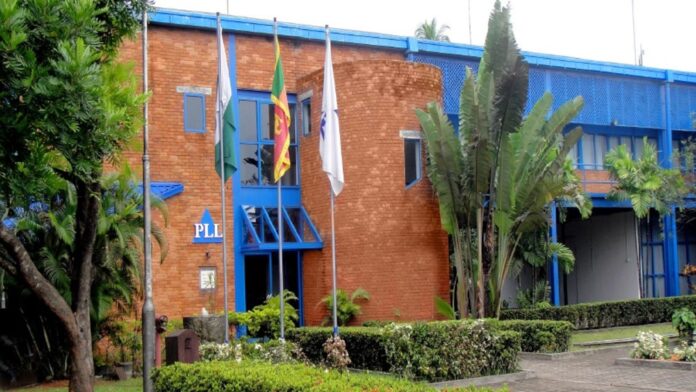When new ownership came to Flexible Packages Convertors in 2015, the change barely registered beyond the South African packaging industry. The buyer, after all, was a company few in the region had heard of. Packages Limited has always been the towering giant of Pakistan’s corporate landscape and its owner, Syed Babar Ali, the country’s most well-known business personality.
Founded in 1957 the company has become a household name and their product portfolio, mostly packaging solutions, has grown and spread all over Pakistan. It is also the company that became a major reason behind the creation of the Lahore University of Management Sciences, the country’s foremost business school. For decades Packages has been a benchmark. It has been a rare example of a clean, well-run, company that has grown and done so with gusto.
Its acquisition of Flexible Packages Convertors, however, marked something new. This was not just an investment; it was an attempt to push beyond borders and establish itself as a multinational player. But even with decades of experience behind it, the move to South Africa meant entering uncharted territory—and, for all its prestige back home, Packages still had a lot to prove over in Pretoria. The content in this publication is expensive to produce. But unlike other journalistic outfits, business publications have to cover the very organizations that directly give them advertisements. Hence, this large source of revenue, which is the lifeblood of other media houses, is severely compromised on account of Profit’s no-compromise policy when it comes to our reporting. No wonder, Profit has lost multiple ad deals, worth tens of millions of rupees, due to stories that held big businesses to account. Hence, for our work to continue unfettered, it must be supported by discerning readers who know the value of quality business journalism, not just for the economy but for the society as a whole.To read the full article, subscribe and support independent business journalism in Pakistan









